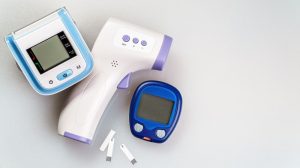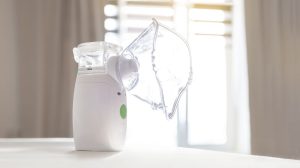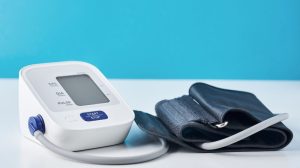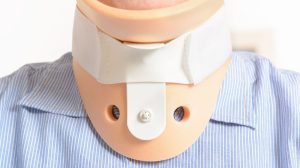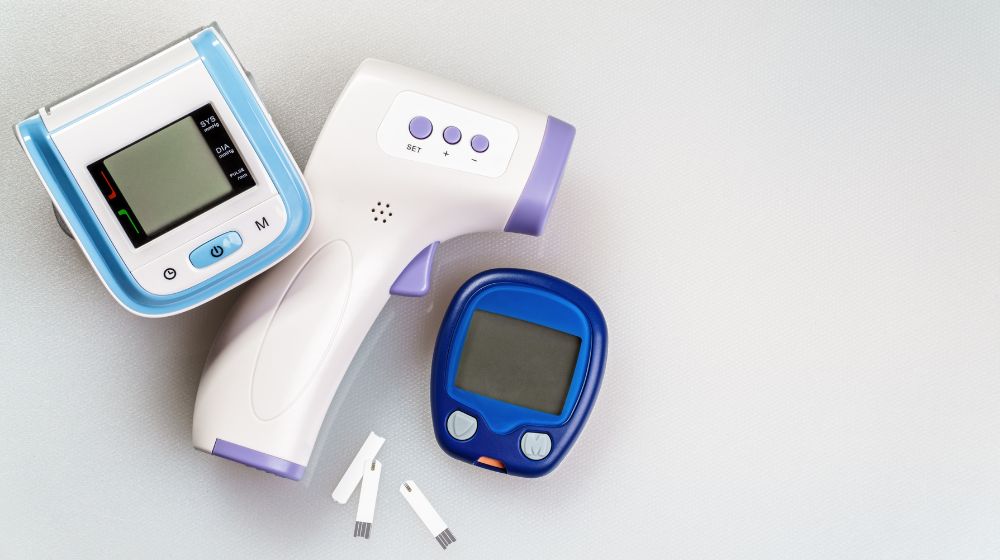
Introduction
As the global population ages, more families are turning to in-home care as a way to provide comfort, safety, and health management for their elderly loved ones. Home care allows seniors to maintain independence while receiving necessary medical attention in a familiar environment. To ensure effective elderly care at home, having the right medical equipment is essential.
In this article, we’ll explore the five most important medical devices for senior home care, how they work, and why they are vital to maintaining quality of life and early detection of health issues. Whether you’re a caregiver, family member, or medical professional, understanding these devices can help you provide the best possible support.
1. Digital Blood Pressure Monitor
High blood pressure (hypertension) is a common issue among older adults, increasing the risk of heart disease, stroke, and kidney failure. A digital blood pressure monitor enables caregivers or seniors themselves to regularly monitor blood pressure at home, ensuring early detection of abnormal levels.
Key Features to Look For:
- Large, easy-to-read screen
- One-button operation for simplicity
- Memory storage to track readings over time
- Upper-arm cuffs for more accurate measurements
Benefits:
- Early detection of hypertension
- Data sharing with healthcare providers
- Helps in medication adjustment and lifestyle decisions
2. Pulse Oximeter
A pulse oximeter is a small, non-invasive device that clips onto the fingertip to measure oxygen saturation (SpO2) and heart rate. For seniors with respiratory issues such as COPD, asthma, or COVID-19 recovery, this device is especially crucial.
Why It’s Essential:
- Detects silent hypoxia (low oxygen levels without symptoms)
- Alerts caregivers to seek medical help before conditions worsen
- Ideal for monitoring oxygen levels during exercise or sleep
Tips for Use:
- Ensure fingers are clean and warm
- Avoid using after physical exertion or with cold hands for best results
3. Glucometer
Diabetes is highly prevalent in older populations, and regular monitoring is key to managing the condition. A glucometer allows seniors or caregivers to check blood glucose levels at home, helping prevent complications such as nerve damage, vision loss, and heart disease.
Important Considerations:
- Use test strips compatible with the meter
- Choose models with larger displays and fewer buttons for elderly users
- Consider models with audio prompts for visually impaired seniors
Benefits:
- Better diabetes control
- Real-time blood sugar information
- Reduces the need for frequent clinic visits
4. Nebulizer
For elderly individuals suffering from chronic bronchitis, asthma, or other respiratory conditions, a nebulizer is a vital device. It converts liquid medication into a fine mist that can be inhaled deep into the lungs, making it easier to breathe and relieving symptoms.
Why It’s Useful for Elderly Care:
- Easier to use than inhalers for seniors with weak grip or cognitive impairment
- Delivers medication quickly and directly to the lungs
- Ideal for managing both acute attacks and chronic therapy
Features to Consider:
- Low-noise or silent models
- Easy-to-clean accessories
- Portability for flexible use
5. Mobility Aids (e.g., Rollators, Walking Sticks)
While not strictly “medical devices,” mobility aids such as rollators, walking sticks, or walkers play a crucial role in preventing falls, one of the leading causes of injury among the elderly. These devices improve balance, reduce fatigue, and give seniors more confidence when moving around their homes.
Why They Matter:
- Encourage physical activity without increasing fall risk
- Help with joint pain, balance issues, and post-surgery recovery
- Enable seniors to perform daily tasks more independently
Key Features:
- Lightweight but sturdy design
- Adjustable height
- Non-slip rubber tips or wheels with brakes
Additional Considerations for Elderly Home Care Equipment
When choosing medical devices for elderly care, consider the following:
- Ease of Use: Devices should be senior-friendly, with clear instructions, large buttons, and simple interfaces.
- Maintenance and Hygiene: Equipment must be easy to clean and maintain.
- Safety Certifications: Always choose certified products that meet national or international standards (e.g., FDA, CE).
- Remote Monitoring: Some modern devices support Bluetooth or Wi-Fi connectivity, allowing real-time data sharing with healthcare providers.
Conclusion
Providing effective home care for elderly loved ones involves more than just attention and time — it requires the right tools. The five devices discussed in this article — digital blood pressure monitors, pulse oximeters, glucometers, nebulizers, and mobility aids — are essential in creating a safe, supportive, and responsive care environment.
By investing in reliable and easy-to-use medical equipment, caregivers can ensure better health outcomes, more accurate monitoring, and improved quality of life for aging family members. These tools not only enhance comfort and independence but also serve as a bridge between home care and professional medical support.

